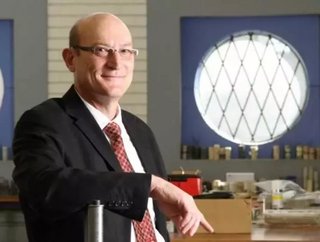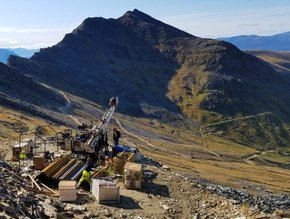The Wits Mining Institute opens the door to a brighter future for the mining industry

A new unit at the Wits University has been announced, developing innovative technology solutions for the struggling mining sector.
The Wits Mining Institute (WMI) will house the school’s Digital Mine project and a college network to address the needs of an ever changing industry sector.
The unit will be headed by former School of Mining Engineering head Professor Fred Cawood.
“The institute’s mission is to make mining safer and more sustainable by harnessing fast-developing technologies and practices from different sectors – which are sadly not always incorporated into mining applications quickly enough to address the industry’s many challenges,” said Professor Cawood.
He said the breakthrough that the WMI had made was to forge working links across the university’s schools and research units, so that mining issues could be addressed in an integrated manner.
“It has taken some time to achieve this, but the WMI now draws upon a formidable battery of expertise and insights from disciplines like architecture, public health, law, global change, population migration, urban development, electronics and computer science,” he said.
“These now augment the already substantial work being done within the School of Mining Engineering through its Centre for Mechanised Mining Systems and the Centre for Sustainability in Mining and Industry.”
South Africa’s deep level ore bodies have posed particularly difficult challenges to mining operations, but Cawood argued that encouraging progress was already being made to show the path forward for both established and new operations.
“Work on converting ‘indoor’ positioning systems to underground applications is already underway, for instance, paving the way to developing an automated tunnel for mining at depths no longer viable or safe for humans to operate,” said Professor Cawood.
Another area of focus that the unit will look to develop solutions and support for is the health and safety of workers within the industry.
“This kind of intervention brings us closer to the concept of the intelligent mine, where the data required for good decisions is available in real time – and in many cases can inform automated responses that removes the risk of human error,” he said.
“The vision of safe and more efficient operations is reachable, if we can adapt and apply the remarkable technologies available to us.”
Skills development by the WMI will focus on modern skills required to install and maintain the various new technologies being implemented or considered by mechanised and digital mines.
“Mines that are already mechanised find themselves in a difficult position, as last century’s skills are unable to properly manage and advance the modern technologies that they have installed in their operations,” said Professor Cawood.






